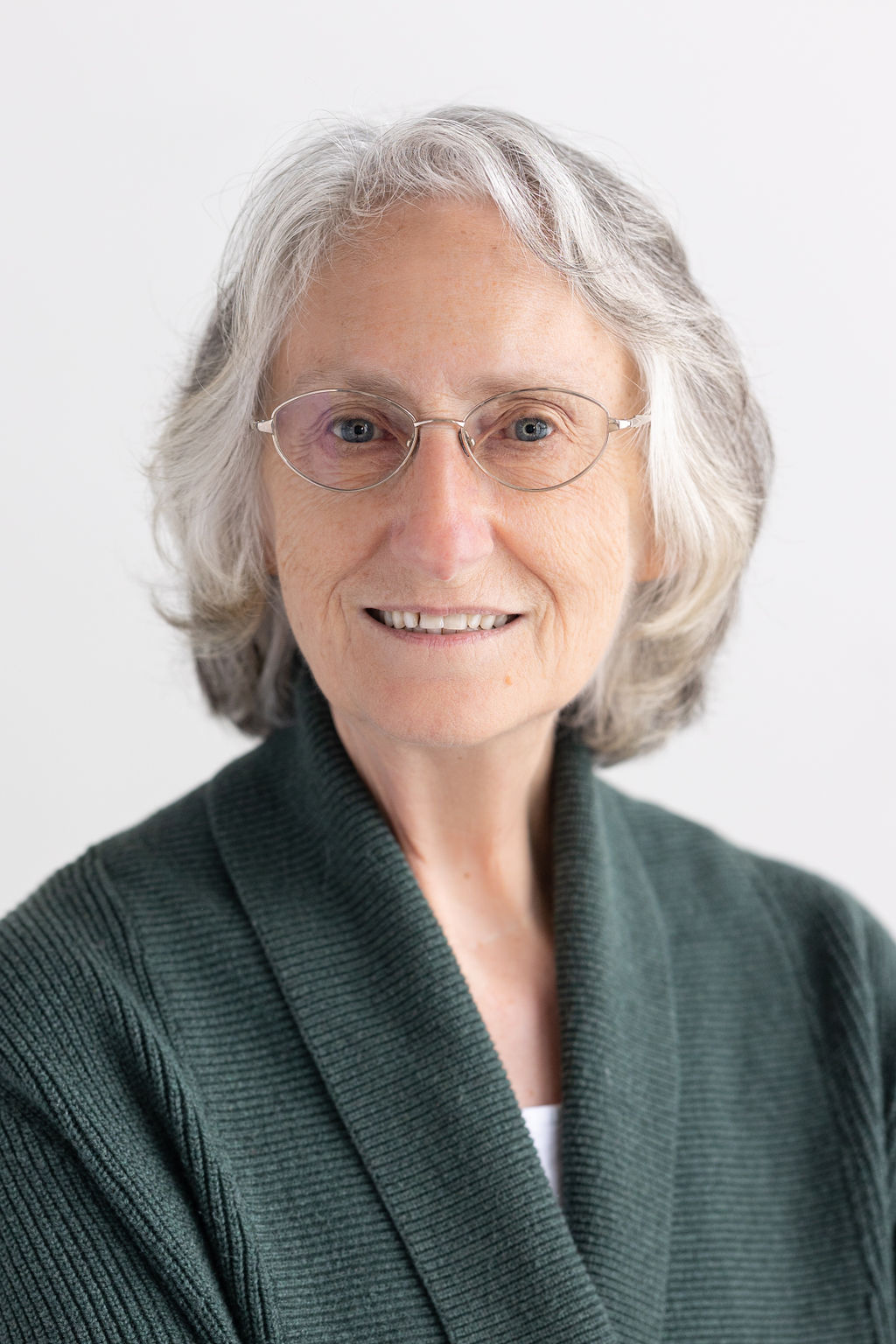
As a kid, I ran home in tears to complain to my mother. “The kids at school called me big beak” (I have a large nose).
“Are you hurt?”
“No.” Sob, sniff.
“So what’s the problem?”
I couldn’t answer because I’d already told her. When they called me Rudolph at Christmas (my nose is also red), I knew better than to complain.
Periodically, I’d try again. “Why do we have to go to school?” “Why do we have to have tests?” “Why do we have to eat foods we don’t like?”
To each of these, she held out her left fist and pointed to it with her right. “This is what you control.” Then she took her finger and ringed it about three inches outside her fist, like a donut. “This is what you influence.” Then she spread out her hands to the world. “This is what you do not control.” She smiled down at me. “First, focus on what you can control. Second, focus on what you can influence. Third, let the rest go.”
I was annoyed every time she did it. “Why don’t you help me?”
“I am helping you.”
I didn’t understand. But I did know that she left me to fight my own battles, worry about things I couldn’t control, and learn as I went along.
Fast forward to today and the world is a very different place. When my grandson was three and we were in a restaurant, he burst into tears when the waiter took away the menus. If I’d done such a thing when I was his age, I’d have been told “enough” in a tone of voice that would have overridden anything that came before. Instead, my daughter-in-law called the waiter over and asked for a menu. Would I have done that when my son was three? Looking back, I’m not sure. But peace was restored. A small thing or a big one? I’m still not sure.
Even as adults, we take offense at so much these days. There are words we don’t say and so many expressions that offend someone that we are essentially “talking on eggshells,” as we avoid so many taboo topics and sayings. Some of these make sense in a world that’s struggling with racism, systemic or otherwise, and other inequities. But at some point, we can’t take offense at everything and I wonder where the balance lies.
My mother’s tough-love approach worked, partly because it was the culture of my growing years in Scotland and, as this short written piece testifies, I remember the lessons. I’m also grateful for them. A tougher skin is needed in the world and it’s good to have parents that understand that and help children develop that.
On the other hand, some understanding of emotional hurt isn’t a bad thing. In one way, some of our children have been more cosseted than we were, with video games, iPhones, computers, entertainment. In another, the world for them is much harsher and the problems deep and difficult. I think of the world my grandson will face — increased competition with a larger population, climate problems from our lack of treating the planet well, growing numbers of refugees and poor people, never-ending wars somewhere in the world — and I wonder how he’ll be tough enough to face that world and make a difference.
I also think of the growing underprivileged. I worked in the California State University system with it’s half a million students, 10% of whom (that’s 50,000) are estimated to be homeless. I can’t imagine going to school homeless. Some have a junk car they live in. If they have a job at all, they try to do homework on their work computers. If they don’t, they’re parked all night in the parking lot at Walmart and trying to do homework on their phones or simply not doing it at all, the whole process being too much to cope with.
I don’t know how to solve the world’s problems and often feel I’m trying to empty the ocean with a teaspoon, but I do rely on my mother’s sage advice, focusing on what I can change or what I can influence. Harsh though I thought the lessons were at the time, they were salutary and, in retrospect, I’m glad of them. I just wonder if we should return just a little bit to a more tough-love approach.
